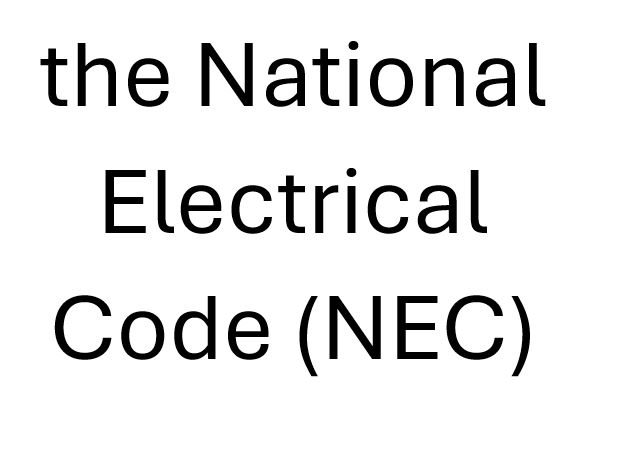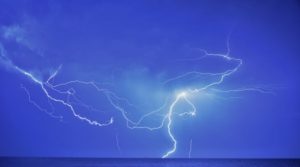
What is the National Electrical Code (NEC)?
- Answer: The NEC is a set of standards developed by the National Fire Protection Association (NFPA) to ensure the safe installation and maintenance of electrical systems. It provides guidelines to prevent electrical hazards and ensure the safety of people and property.
How often is the NEC updated?
- Answer: The NEC is updated every three years. Each edition incorporates the latest safety practices, technological advancements, and industry feedback to keep up with evolving electrical standards.
What are the key requirements of the NEC for residential wiring?
- Answer: Key NEC requirements for residential wiring include proper installation of electrical panels, use of appropriately rated conductors, grounding and bonding practices, and the installation of GFCI and AFCI protection to prevent shocks and fires.
Why is it important to follow NEC standards?
- Answer: Following NEC standards is crucial for ensuring safety, preventing electrical fires and shocks, and complying with local building codes. It also helps avoid potential legal issues and can be necessary for obtaining insurance coverage.
How do I find the latest version of the NEC?
- Answer: The latest version of the NEC can be accessed through the NFPA’s official website. The NFPA provides both online access and printed copies of the code. Local libraries and code enforcement offices may also have copies available.
What are the penalties for not complying with the NEC?
- Answer: Penalties for not complying with the NEC can include fines, legal action, and orders to make corrections. Non-compliance can also lead to issues with insurance claims and could pose safety risks that might result in property damage or injury.
How can I prepare for an NEC inspection?
- Answer: To prepare for an NEC inspection, ensure that all electrical work is completed according to the NEC standards, including proper wiring, grounding, and installation of safety devices. Review the NEC guidelines, check for any potential issues, and consider having a licensed electrician inspect your work before the official inspection.
What are the most common NEC violations in residential properties?
- Answer: Common NEC violations in residential properties include improper grounding, using undersized or damaged wiring, lack of GFCI protection in required areas, and inadequate clearance around electrical panels. These issues can compromise safety and code compliance.
How does the NEC impact electrical work for new construction?
- Answer: The NEC sets the standards for all electrical installations in new construction, ensuring that wiring, outlets, and equipment are installed safely and in accordance with the latest safety practices. Compliance with the NEC is necessary for passing inspections and ensuring the safety and reliability of the electrical system.
Can I install electrical systems myself, or should I hire a professional?
- Answer: While DIY electrical work is possible, it is highly recommended to hire a licensed electrician for most electrical installations and repairs. Professional electricians are trained to follow NEC standards and ensure that all work is safe, compliant, and up to code. DIY installations may lead to code violations and safety hazards if not done correctly.
For mor information visit the web site NFPA

Electrician Glossary for Journeyman Electricians
For any professional in the electrical field, especially a journeyman electrician, mastering technical vocabulary is essential. The electrical glossary not only ensures precise communication with colleagues, contractors, and clients but also guarantees that every task is performed with safety and efficiency.

How Solar Energy Works Even on Cloudy Days
When people think about solar energy, they often imagine bright, sunny days powering homes and gadgets. However, what happens when the weather turns cloudy? Many believe that solar panels are ineffective in overcast conditions, but this is a common misconception. In reality, solar energy systems can still generate electricity on cloudy days—just not at the same efficiency level as during full sun.
